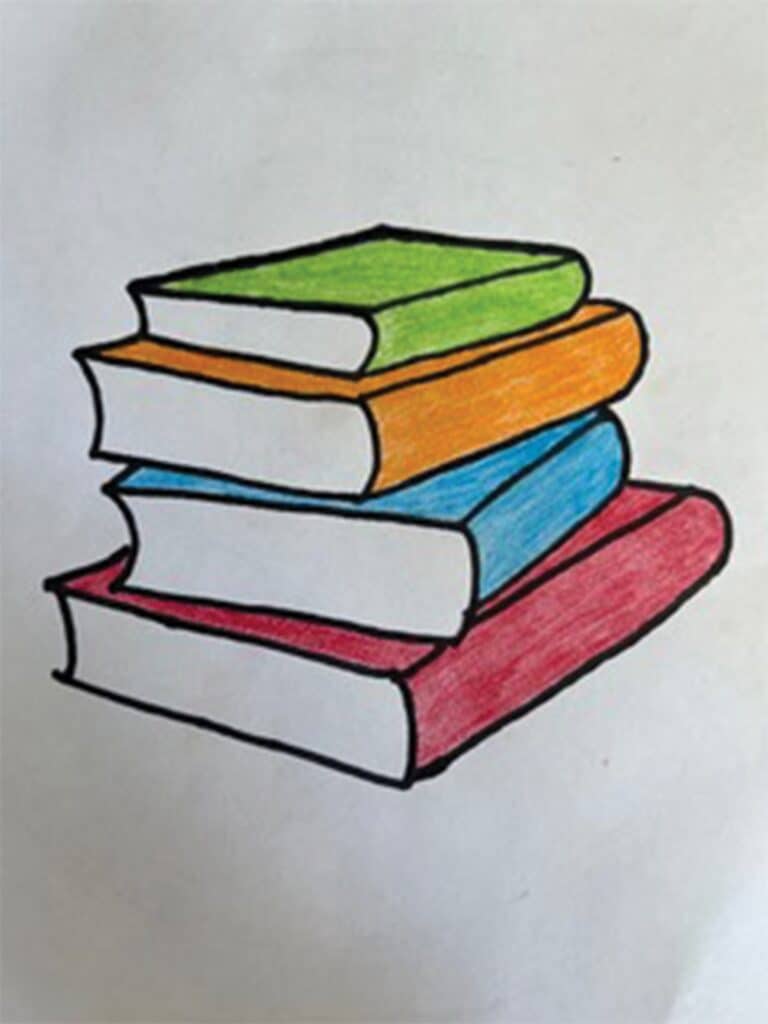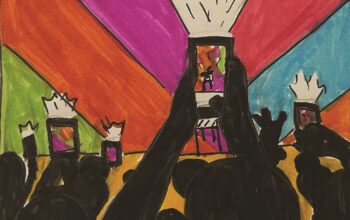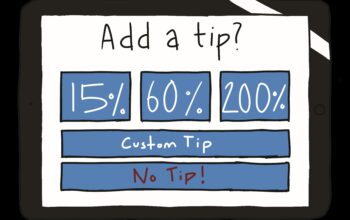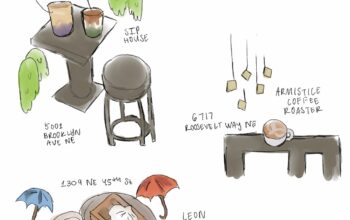
In classrooms across the nation, teachers use books to teach difficult subject matter. By reading books covering Jim Crow racism, LGBTQ+ issues, or the Holocaust, students have the opportunity to gain a perspective and understanding on events that teachers alone may not be able to provide.
Roosevelt librarian Deborah Gallaher reinforces the importance of literature in schools, “In any school library collection, we try to support the curriculum, and also identify books that would support students’ interests, and their background.”
However, in the wake of anti-critical race theory (CRT) sentiments and anti-LGBTQ+ youth bills, education officials in multiple states have begun removing these educational books because of what they stand for.
Brittanica defines critical race theory as a legal analysis based on the premise that “race is not a natural, biologically grounded feature of physically distinct subgroups of human beings but a socially constructed (culturally invented) category that is used to oppress and exploit people of color. ”
Many believers in this theory believe that “ racism is inherent in the law and legal institutions of the United States insofar as they function to create and maintain social, economic, and political inequalities between whites and nonwhites.”
This ideology is mainly taught in colleges and law schools. However, some lawmakers have interpreted this to mean any kind of anti-racist, anti-misogyny or anti-homophobia education.
In Texas, State House Bill 3979 (HB 2979) was passed in Sep. 2021, with the purpose of prohibiting teaching material that could cause “an individual [to] feel discomfort, guilt, anguish, or any other form of psychological distress on account of the individual’s race or sex.”
Texas state representative Matt Krause has identified 850 books that he believes violate this law, and should be banned from classrooms. LGBTQ+ books make up over half of the 850, with sex education books also making up a large percentage. While HB 3979 does not say anything outwardly anti-LGBTQ, it has strong subtle homophobia, and combined with Krause’s list of books, the intent is undeniable.
Elsewhere in America, Art Spiegelman’s Maus, a graphic novel detailing someone’s journey during the Holocaust, has been banned from schools in McMinn County, Tennessee. The listed reason is due to a depiction of a nude corpse in the story not being appropriate for classrooms.
Even if it is seen as inappropriate to recount tales of the Holocaust in great detail, brutality and violence was often the reality of many victims, and we cannot compromise education to teach a nicer version of horrific events. Students must learn the full truth.
When people downplay historical events, it is a clear reflection of privilege. Students who are a part of marginalized communities cannot escape their reality of discrimination. Whether these books are banned or not, these students still face the same oppression. By banning these educational books, it becomes difficult to raise awareness. For decades, marginalized voices have been silenced. By continuing to silence these voices, oppressive ideals are allowed to persist.
After the ban, three versions of Maus skyrocketed to the top of the national best sellers list. Book stores in the McMinn county area began ensuring students could get copies. One could hope that a show of support for the book would deter officials, but the book remains banned in McMinn county schools.
This is yet another reason that book bans are ineffective. As Gallaher says “When you prohibit a teacher from using certain books in their instruction, their ability to teach students about heavy subjects is inhibited.” When asked about this inhibition, Gallaher says “it would prevent students from getting or having access to literature, which in most librarians’ minds, and most educators’ minds, really does prevent them here to have that access.”
However, despite the clear flaws rooted in white privilege, these bans are not likely to stop any time soon. As CRT becomes the political world’s latest buzzword, many are buying into the hysteria, and taking opportunities away from students. Despite efforts by communities and pushback from teachers, the book ban wave is not slowing down.
In a time where more and more educational opportunities are being taken away, it is important to educate yourself on current and past issues, and to read these books, while you still can.



